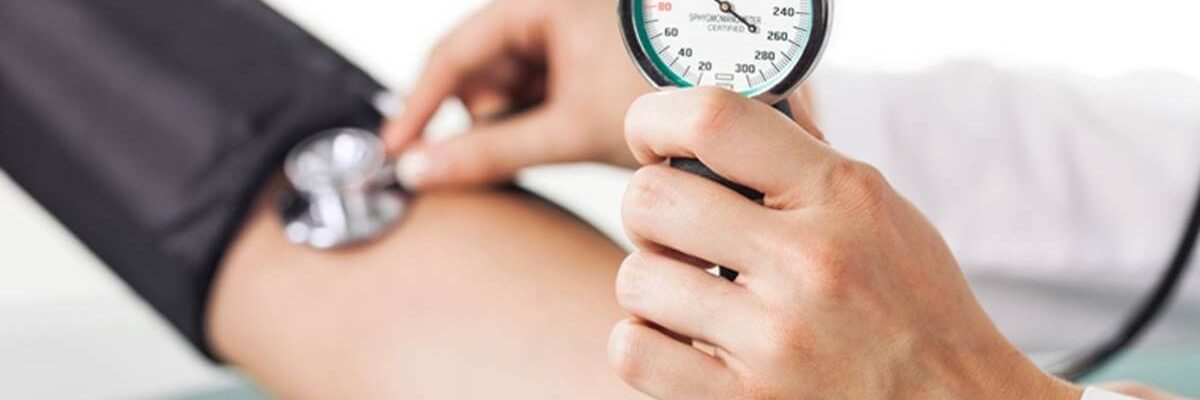Low blood pressure, or hypotension, often causes mild and temporary symptoms such as dizziness and lightheadedness. Because these symptoms are generally not severe, people tend to ignore them, and medical intervention is rarely sought. However, if the symptoms become disruptive to daily activities, it’s crucial to address the condition. Treating low blood pressure depends on its underlying cause.
If hypotension is linked to other medical conditions such as heart disease, diabetes, or hyperthyroidism, managing the root cause can help alleviate low blood pressure. On the other hand, if the condition is a side effect of certain medications, adjusting the dosage or switching to a different drug may be necessary. Other effective remedies for managing low blood pressure include:
- Adding Salt to the Diet.
Salt increases blood pressure, so consuming slightly saltier foods can help mitigate hypotension. However, consult a doctor before significantly altering your salt intake to avoid excessive sodium consumption. - Drinking More Water.
Staying well-hydrated increases blood volume, which can prevent episodes of low blood pressure. Aim to drink enough water throughout the day, especially during hot weather or after physical activity. - Taking Medications.
Prescription drugs like fludrocortisone and midodrine can be effective in raising blood pressure for those who experience chronic or severe hypotension. These should only be used under a doctor’s supervision.
Additional Tips to Prevent or Manage Low Blood Pressure
- Wear Compression Stockings. These help improve blood circulation and reduce pooling of blood in the legs, which can prevent blood pressure from dropping.
- Avoid Sudden Movements. Stand up slowly from a sitting or lying position to prevent dizziness or fainting caused by a sudden drop in blood pressure.
- Eat Smaller, Frequent Meals. Large meals can sometimes cause blood pressure to drop, especially in older adults. Eating smaller, more frequent meals can help regulate blood pressure.
- Limit Alcohol Intake. Alcohol can dehydrate the body and lower blood pressure. Minimize consumption or avoid alcohol altogether to maintain stable blood pressure levels.
If you frequently experience symptoms such as dizziness, fainting, or fatigue, it is essential to consult a doctor. Left untreated, persistent hypotension can lead to complications, such as falls and injuries, especially in older adults. By understanding the underlying causes and implementing appropriate treatments, you can effectively manage low blood pressure and improve your quality of life.


